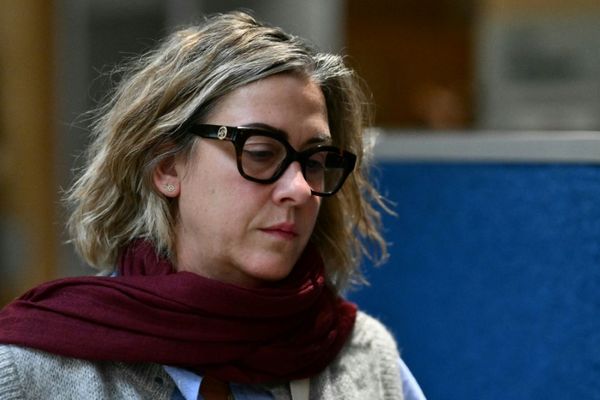TRADITIONAL TV and radio services which are often relied on by rural and island communities and people on low incomes in Scotland are at risk of disappearing in the decades to come, a campaign group has warned.
Many households still rely on signals through aerials for Freeview TV and broadcast radio, which do not require broadband connections or monthly subscriptions.
However the Broadcast 2040+ campaign – which includes infrastructure company Arqiva and groups such as Age UK and The Rural Services Network, says the provision of terrestrial TV and radio services is only certain until the early 2030s.
A major conference will take place this year in which countries will decide on the global allocation of the spectrum of radio frequencies used for broadcasting, including whether some should be used for technologies such as mobile phones.
Ofcom will represent the UK’s position at the World Radiocommunications Conference which will take place in November and December this year.
In a letter to the House of Commons Scottish Affairs Committee, Laurie Patten, director of strategy and regulation at Arqiva, said: “Freeview TV and broadcast radio are essential services that people across Scotland rely on.
“Unlike internet streaming services, they do not require broadband connection or monthly subscriptions. These services are also often relied on the most by those who have the least – older people, those in more isolated rural and island communities, and people on the lowest incomes. As a nation of the UK with greater than average rurality and a relatively older population, Scotland relies on these services.”
The letter highlights broadcasting is a reserved policy matter, adding: “At present, the UK Government has only committed to maintain these services into the 2030s. The Broadcast 2040+ campaign is asking the UK Government to make a longer-term commitment to these services – to 2040 and beyond.
It adds: “Scotland’s greater rurality than the UK average, its island communities, and its comparatively older population, mean that broadcast TV and radio services are even more important to people in Scotland than to the UK as a whole.”
The Department for Culture, Media and Sport has previously said it is committed to ensuring UK audiences can access terrestrial TV and radio in the long term.







